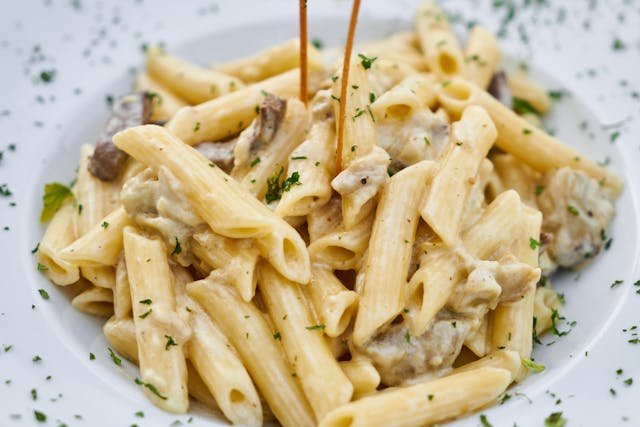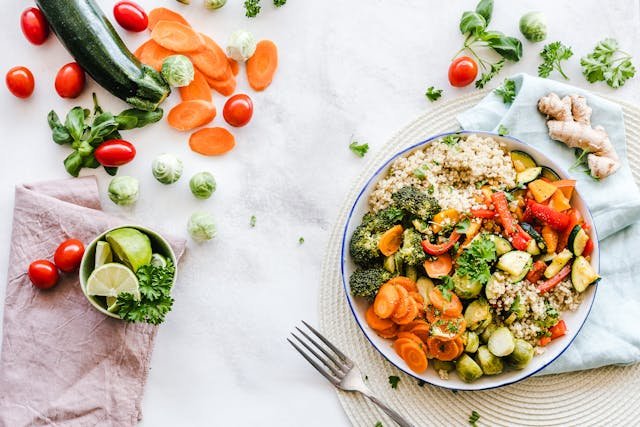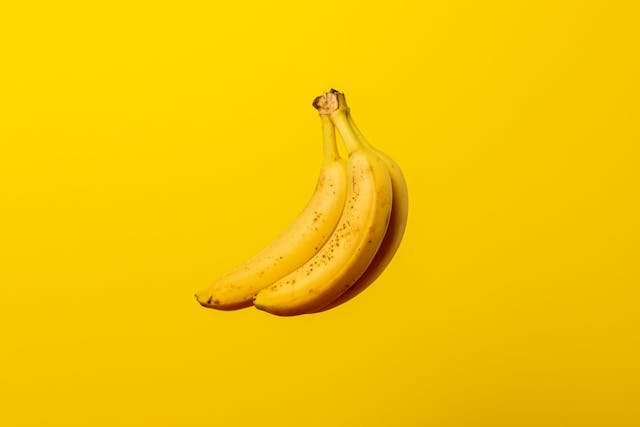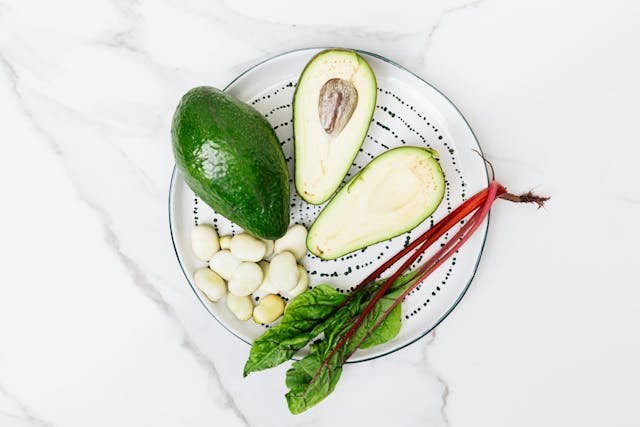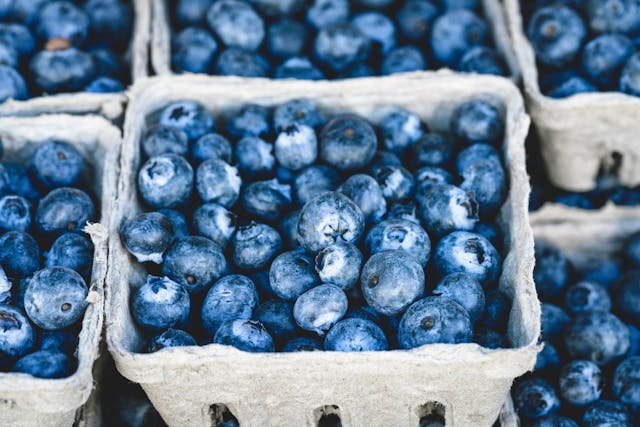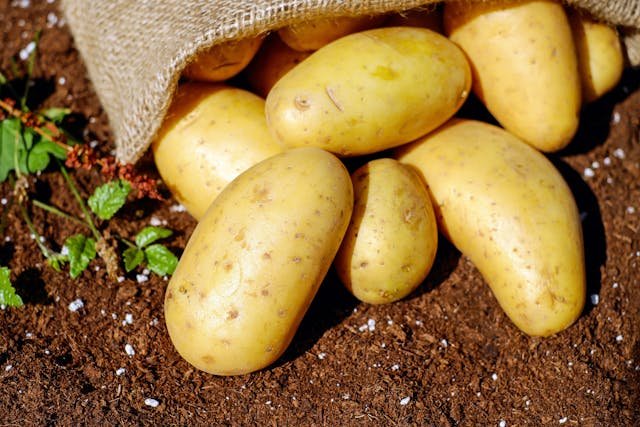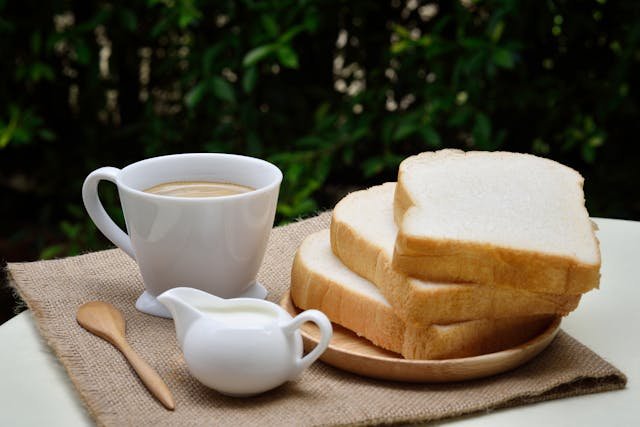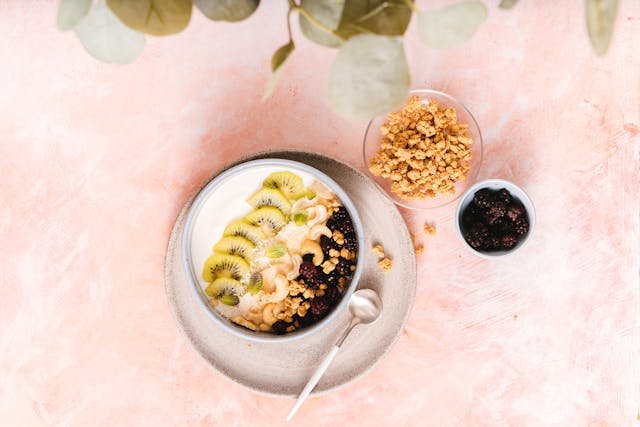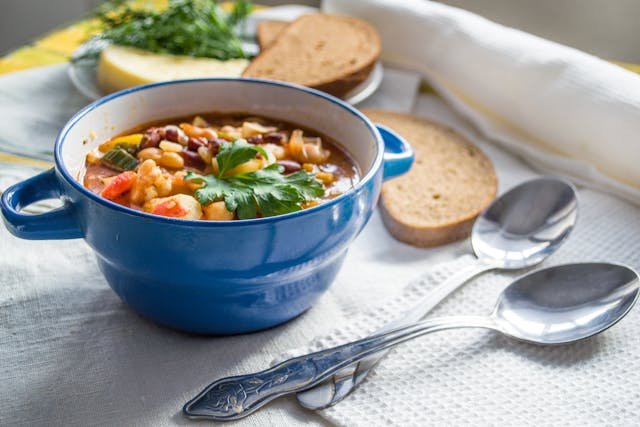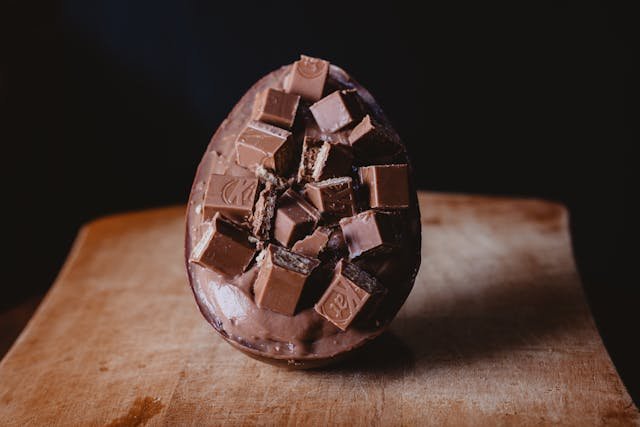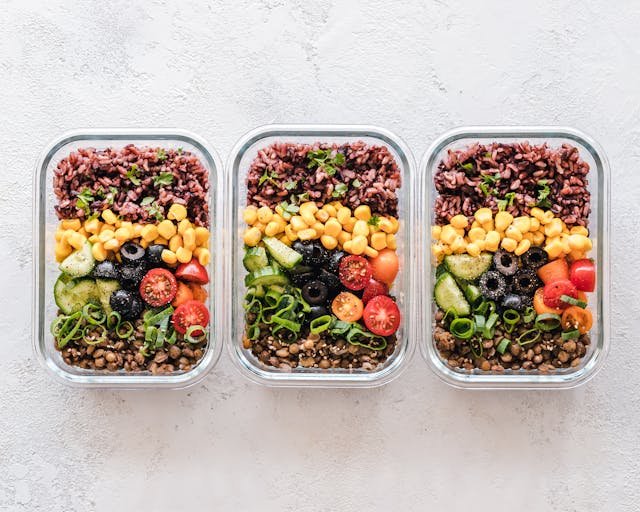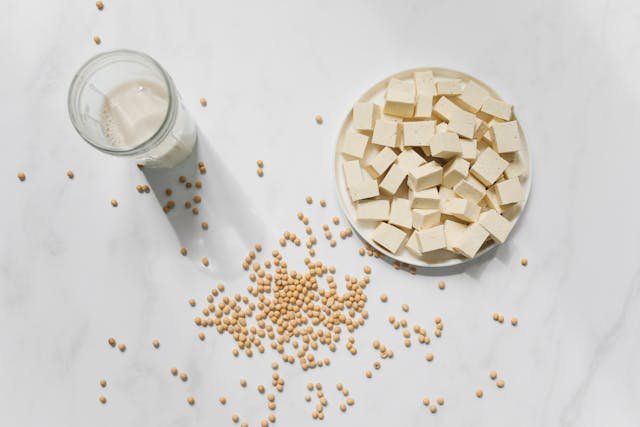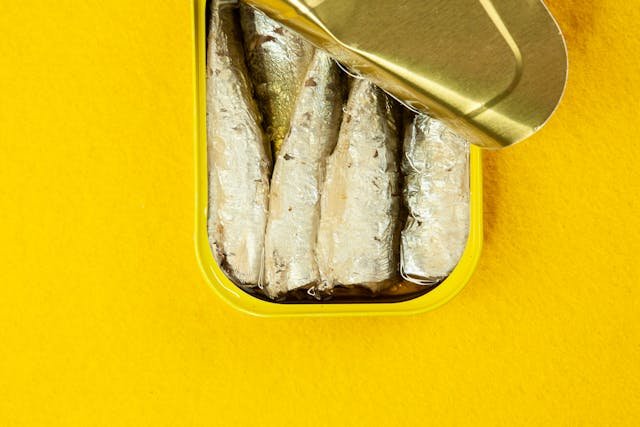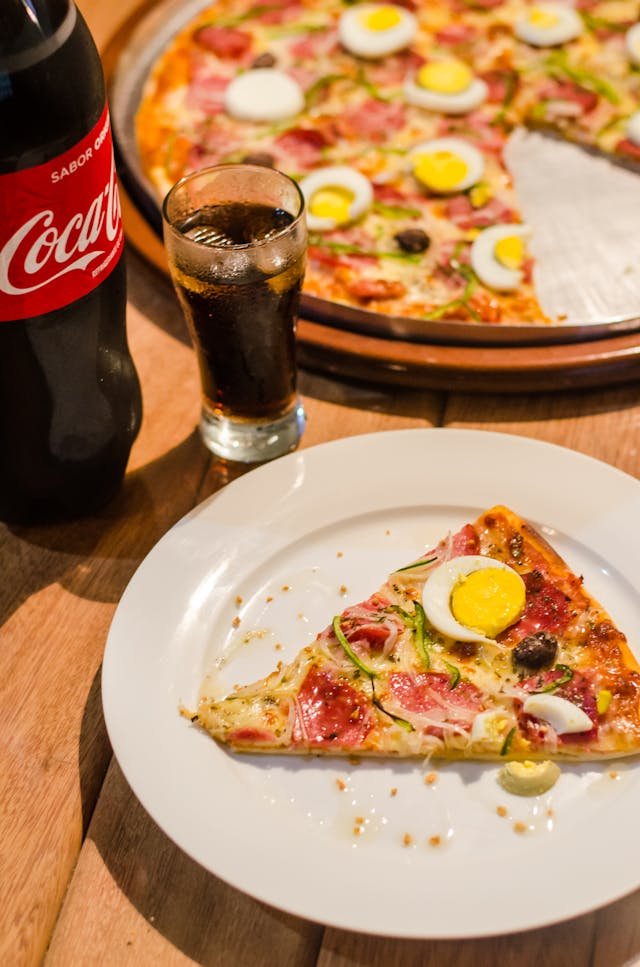Pasta is a beloved staple in many cuisines around the world. From spaghetti to penne, its versatility and comfort factor make it a favorite for many. But what happens when you eat pasta every day for a week? I decided to find out.
Day 1: The Excitement Begins
The first day was full of excitement. I started with a classic—spaghetti with marinara sauce. The meal was delicious and satisfying, and I felt great afterward. Pasta is rich in carbohydrates, which provide a quick source of energy, and I felt a noticeable boost in my mood and energy levels.
Day 2: Exploring Varieties
On the second day, I decided to switch things up with penne arrabbiata. The spicy kick was a nice change, and I enjoyed experimenting with different pasta shapes and sauces. However, I began to worry about the potential lack of nutritional variety. While pasta is a good source of energy, it’s important to balance it with other food groups.
Day 3: Carbohydrate Overload
By the third day, I started to feel the effects of consuming a high-carb diet. While carbohydrates are essential for energy, too much can lead to a spike in blood sugar levels, followed by a crash. I experienced this firsthand, feeling lethargic and craving more sugar after each meal.
Day 4: Nutritional Gaps
As the week progressed, I realized that my diet was lacking in essential nutrients. Pasta, especially refined pasta, is low in fiber, vitamins, and minerals. I tried to compensate by adding vegetables and lean proteins to my meals, but it became clear that pasta alone cannot provide a balanced diet.
Day 5: Digestive Issues
By day five, I started experiencing digestive issues. Pasta, particularly white pasta, is low in fiber, which can lead to constipation and other digestive problems. I made sure to drink plenty of water and include high-fiber vegetables in my meals, but the issues persisted.
Day 6: Pasta Fatigue
By the sixth day, the initial excitement had worn off, and I started experiencing pasta fatigue. No matter how many variations I tried, I couldn’t shake the feeling of monotony. This experience underscored the importance of variety in our diets, not just for nutritional balance but also for mental satisfaction.
Day 7: Reflecting on the Experiment
On the final day, I reflected on my week of pasta consumption. While pasta is a convenient and comforting food, eating it every day highlighted several important lessons:
- Balance is Key: A balanced diet is essential for overall health. While pasta can be part of a healthy diet, it should be complemented with a variety of other foods to ensure you’re getting all the necessary nutrients.
- Watch Your Portions: It’s easy to overeat pasta, leading to excessive calorie and carbohydrate intake. Moderation is crucial.
- Fiber is Essential: Incorporating whole grains and high-fiber foods can help mitigate some of the digestive issues associated with a low-fiber diet.
- Variety Prevents Monotony: Eating the same food every day can lead to food fatigue, making it harder to stick to a healthy eating plan in the long run.
Conclusion
Eating pasta every day for a week was an interesting experiment that taught me a lot about the importance of dietary balance. While pasta can certainly be part of a healthy diet, it’s important to enjoy it in moderation and ensure it’s just one component of a varied and nutrient-rich eating plan.
